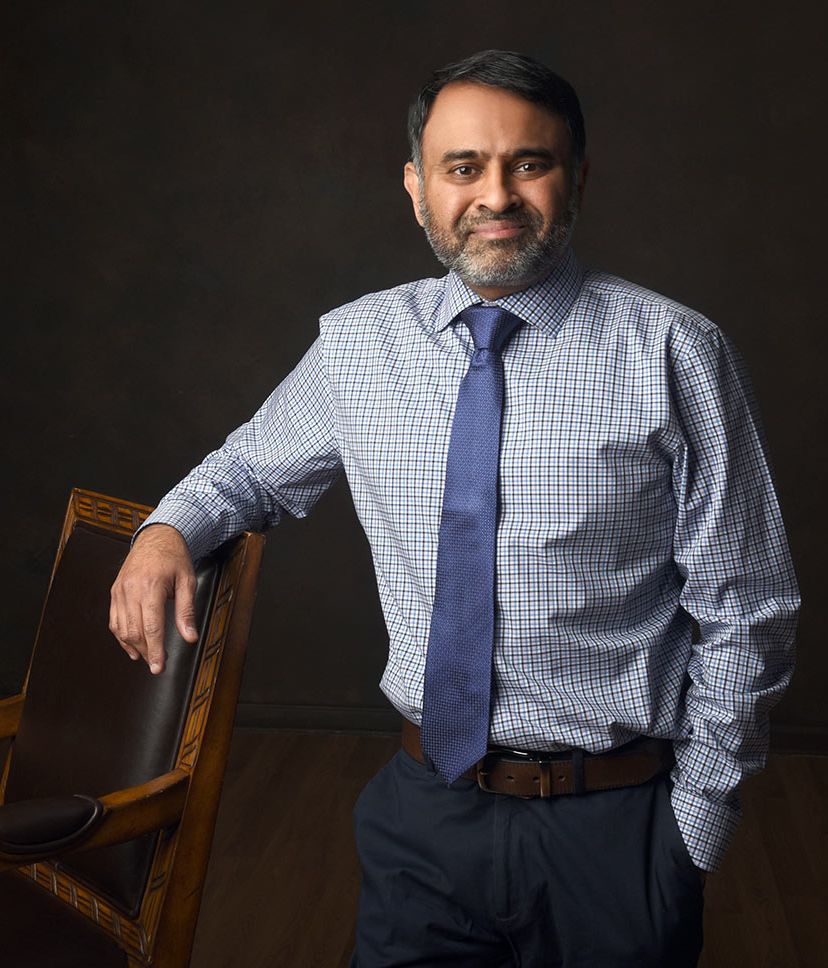Welcome to Lehigh's Department of Bioengineering!
Welcome to Bioengineering at Lehigh! It’s my pleasure to present an update on our department over this past year (as of Fall 2024). The past year has been one of growth and innovation as we continue advancing bioengineering education and research.
We have been focusing on the essential connection between industry and graduate education, honing in on preparing our students for success. Industry-centric training has become a key focus in our department, and we’re rather proud to highlight our ongoing collaboration with alumni and industry leaders to further our education and training mission and prepare our graduates for impactful careers in industry. Through initiatives like the MS Product Development track and cross-disciplinary efforts with Mechanical Engineering, we’re equipping students with the skills to address real-world challenges.
This year, we are very excited to welcome new members to the Lehigh Bioengineering family; Dr. Taneka Jones, an expert in uterine tissue engineering, joins our research faculty, contributing to our growing focus on women’s health. Dr. Bonaire Berry, a Lehigh alumna with extensive experience in the medical device industry, and Dr. Janice Phillips, our former external advisory council member, and renowned industry expert in biotech process development and manufacturing technologies join us as adjunct faculty. In addition to these individuals, we have welcomed new postdoctoral researchers, who critically contribute to further expanding our research initiatives.
An emerging theme from this past year surrounds groundbreaking research in women’s health. This includes Dr. Taneka Jones’ work in uterine tissue engineering and my own research on nanomedicine, focusing on estrogen priming of stem cell vesicles for aneurysm repair. The latter project is led by a stellar 2nd year doctoral student, Ali Mutah, a proud recipient of support through the American Heart Association Diversity in Science Award. These projects reflect our commitment to addressing critical health challenges through innovative bioengineering solutions and addressing sex-disparities in research and medicine.
Our graduate students are also making impressive strides. Some impressive graduate student research includes Colin Herna's work in biocomputations and health data analytics, Christie Ortega's research in biomaterials, and Anthony Cino's innovations in diagnostics and devices. Their contributions underscore the diversity of emerging technologies being explored within our department.
We continue to strengthen our international partnerships, bringing our first cohort of masters students and our second cohort of undergraduate researchers from SRM, while forging a new engagement with VIT Bhopal; likewise, we have many other student and faculty successes to report that have become synonymous with Lehigh Bioengineering - publications, grant awards, recognitions and student and alumni achievements! We are so very proud of our faculty, students, and our broader bioengineering community for their dedication and achievements. Thank you for your continued support, and we look forward to sharing more of our journey with you. Drop a line and engage!
Anand Ramamurthi, PhD, FAHA
PETER C ROSSIN PROFESSOR AND DEPARTMENT CHAIR
Fall 2024

